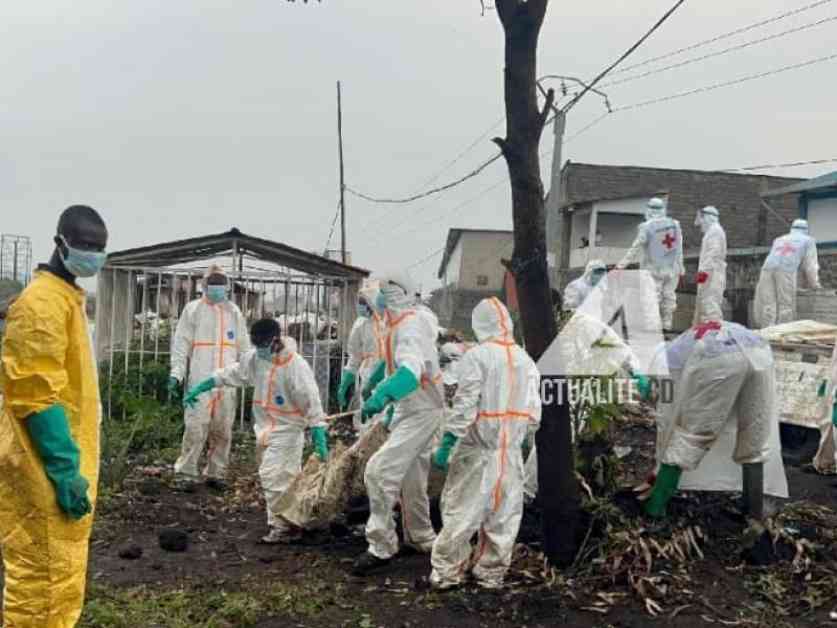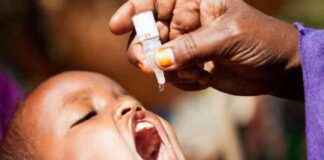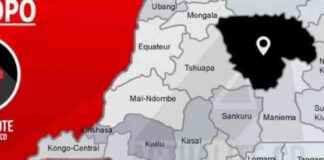Eastern DRC Conflict Claims over 7,000 Lives: Prime Minister Judith Suminwa Reveals
In a somber revelation, Prime Minister Judith Suminwa announced that more than 7,000 individuals have lost their lives since the beginning of the year in the ongoing conflict in the eastern part of the Democratic Republic of the Congo. The victims met their untimely demise in various circumstances, including clashes between the Armed Forces of the Democratic Republic of the Congo (FARDC) and the M23 rebels towards the end of January in Nyiragongo and Goma.
Prime Minister Suminwa emphasized that the identification of all these individuals remains a challenge, highlighting a critical point that many of the deceased are civilians rather than solely military personnel. Speaking at a press conference on the sidelines of the Human Rights Council meeting in Geneva, Switzerland, she underscored the complexity of the situation and the need for accurate reporting of civilian casualties amidst the conflict.
The Toll of Conflict: Uncovering the Realities
Specifically, the recent confrontations in Goma and its surrounding areas have resulted in the tragic loss of nearly 3,000 lives, as reported by the United Nations. This staggering number underscores the devastating impact of the ongoing violence in the region, shedding light on the urgent need for sustainable peace-building efforts and humanitarian interventions to mitigate further loss of life.
For over three decades, the eastern part of the DRC has grappled with persistent violence stemming from the activities of both local and foreign armed groups. The situation has been further exacerbated by the resurgence of the M23 rebellion, with the support of the Rwandan military. This rebel group currently exerts control over vast swathes of territory in the North and South Kivu provinces, including the key cities of Goma and Bukavu, intensifying the humanitarian crisis in the region.
The Road to Reconciliation: Seeking Solutions Amidst Strife
As the death toll continues to rise and the humanitarian situation deteriorates, there is an urgent call for concerted efforts to address the root causes of the conflict and pave the way for lasting peace and stability in the region. Political leaders, international organizations, and local communities must come together to prioritize dialogue, reconciliation, and sustainable development initiatives to break the cycle of violence and ensure a brighter future for the people of the DRC.
In the face of unimaginable loss and suffering, it is crucial to remember that behind each statistic lies a human story, a family shattered, and a community in mourning. The harrowing realities of conflict are not just numbers on a page but a stark reminder of the profound impact of violence on innocent lives. It is incumbent upon all stakeholders to work towards a peaceful resolution and a brighter tomorrow for the people of the eastern DRC.
The situation in the eastern part of the DRC serves as a stark reminder of the urgent need for international solidarity, humanitarian assistance, and sustainable peace-building efforts to address the root causes of conflict and pave the way for lasting reconciliation and healing in the region. Let us stand together in solidarity with the people of the DRC as they strive for peace, justice, and a brighter future for generations to come.

















